Cats are prone to developing infectious respiratory disease, especially if they are in close contact with other cats. Infectious respiratory disease in cats can be mild and self limiting or very serious.
Many different conditions can cause respiratory symptoms in cats, among them, infections, feline asthma and heart disease.
The following tips are five ways to keep a respiratory infection from harming your cat.
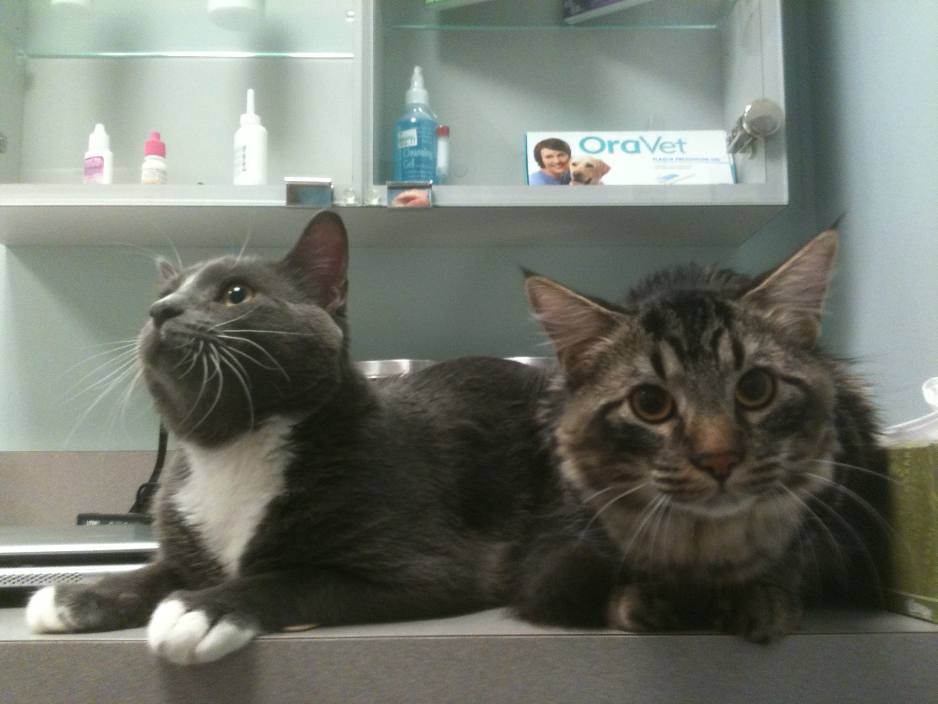
1
Signs of respiratory infections include sneezing, watery eyes, a snotty nose, sometimes difficulty breathing, sometimes lethargy – abnormal tiredness – and sometimes reluctance to eat. If you notice any of these signs, schedule an appointment to have your cat seen as soon as possible. We will determine if your cat has a respiratory infection or a different condition, and treat them to get them back to feeling well as quickly as possible!
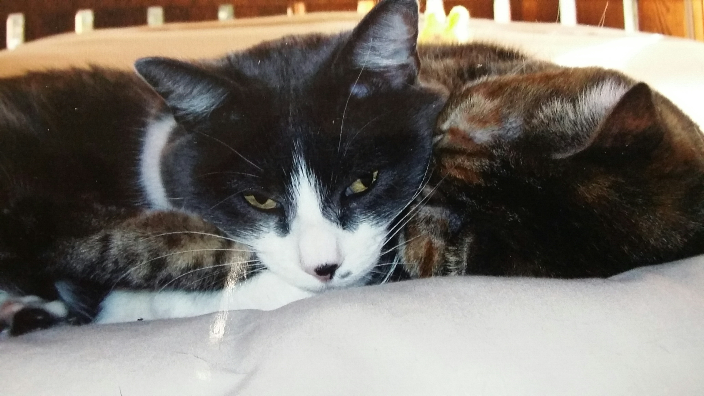
2
Have your cat vaccinated against the two most common infectious causes of respiratory disease – feline viral rhinotracheitis and calicivirus. Do not worry about remembering the long names! Just make sure your cat is up to date on his or her vaccinations! If you are not sure, call us!
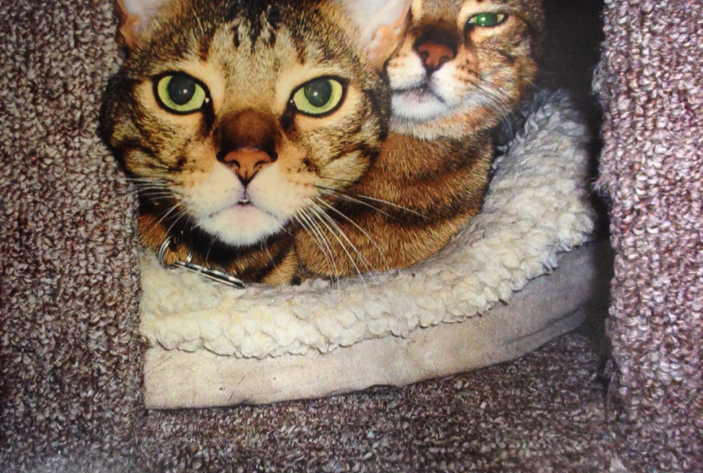
3
Keep your cat separate from cats and kittens you do not know and cats and kittens who may not be vaccinated.
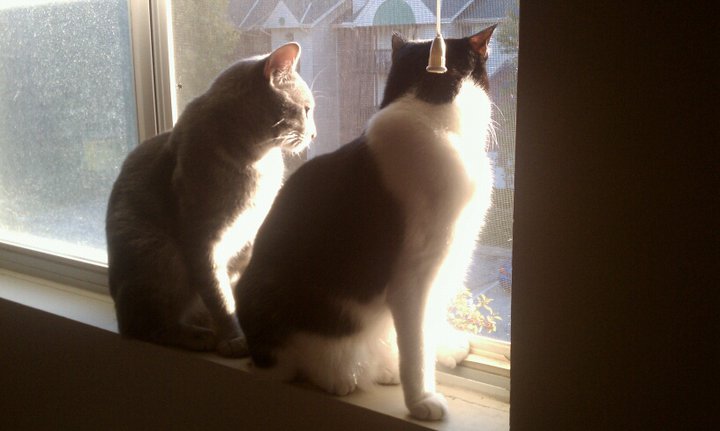
4
Keep your cat indoors. Even indoors, cats are susceptible to respiratory infections, but they are at a lower risk of respiratory infections and other infections and dangers.
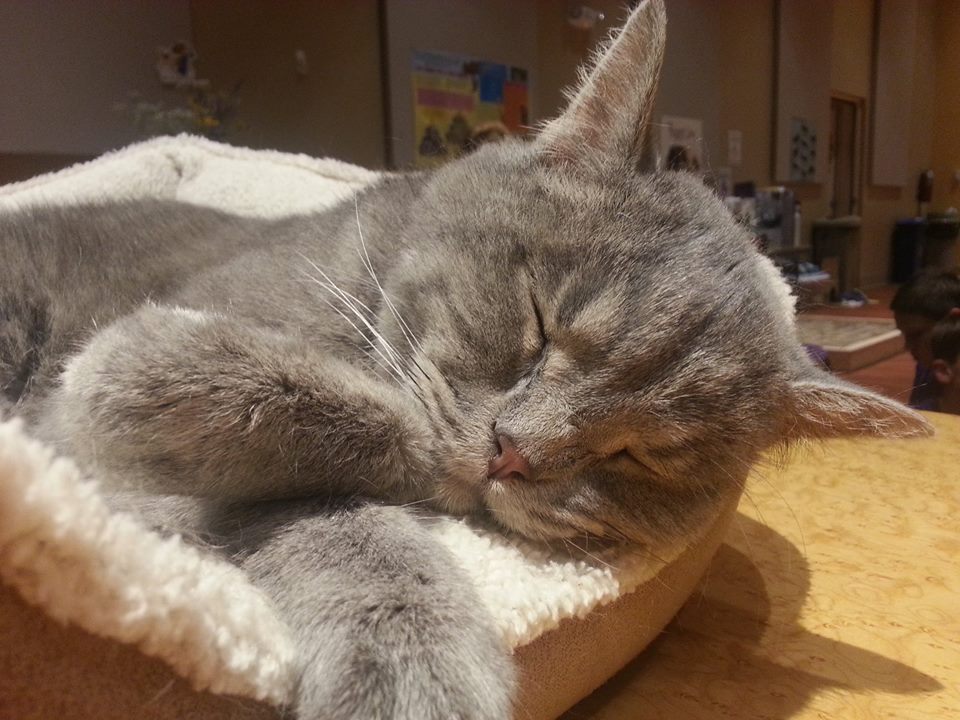
5
Keep your newly adopted kitten or cat separate from your resident cat for one week! Modify the “quarantine” based on our recommendation and the health of your new family member.

By following these five recommendations, you should be able to prevent or limit infectious respiratory disease in your cats!
